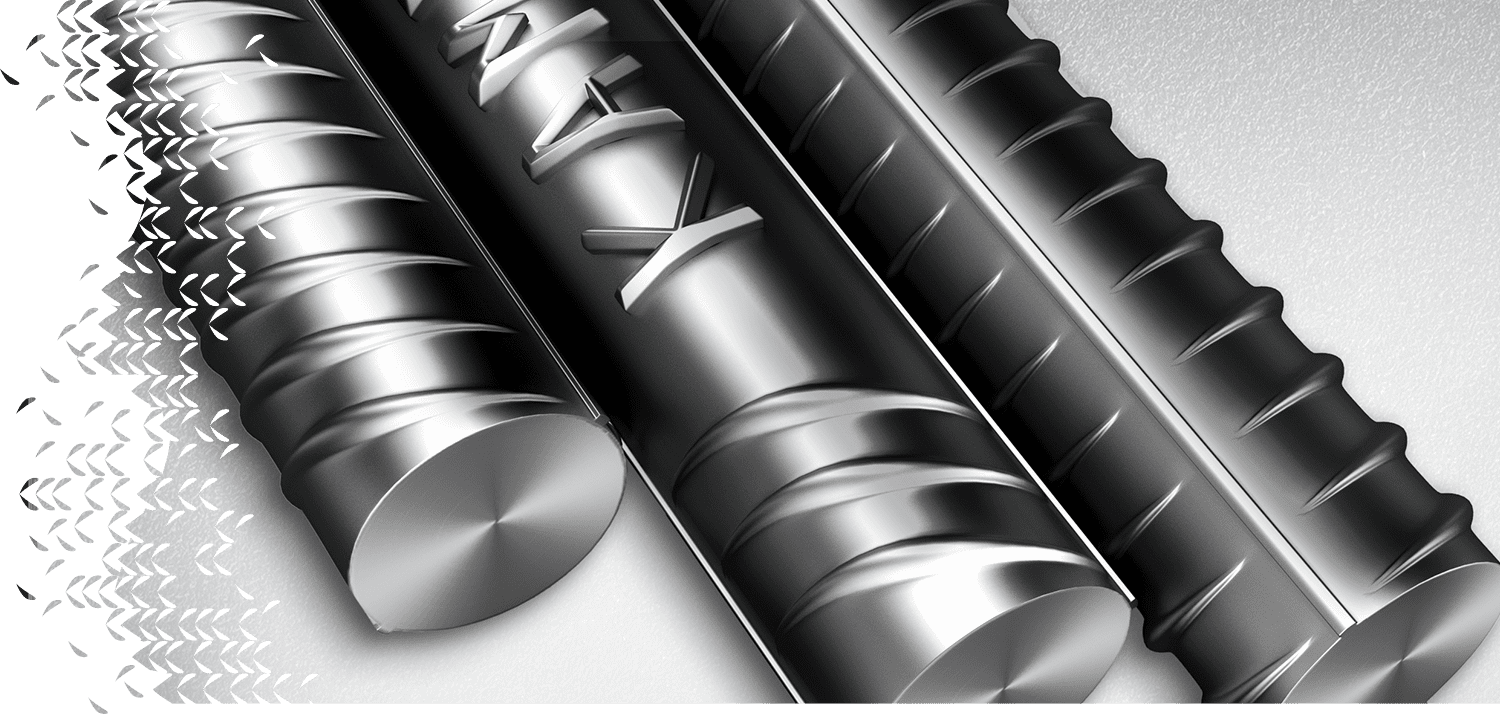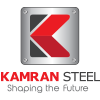Knowing the steel bar grades is important when selecting the appropriate ones for a building project. The steel framework of a building’s beams, slabs, columns, and pillars is constructed from steel rebars. The proper grade is crucial when looking through the steel bar suppliers’ inventory. Diverse steel bar types are needed for infrastructure projects depending on their specifications. A steel bar is categorized into different grades depending on its features, dimensions, compositional strength, and utility in construction.
The Importance of Selecting the Right Steel Grade for Durability
For any structure to be safe and long-lasting, the right quality of steel must be chosen. The grade selected affects a building’s resistance to environmental stresses like weather, seismic activity, and load stress.
For instance, corrosion-resistant steel bars like Grade 75 are appropriate in coastal regions, whereas high-ductility steel bars like Grade 60 are chosen in earthquake-prone places.
Important Elements Affecting the Choice of Steel Grade
When selecting steel bars, a number of considerations come into play, such as:
- Load-Bearing Capacity: Projects that must support heavy loads, including bridges and dams, are chosen for higher classes, such as Grade 75.
- Environmental Exposure: Corrosion-resistant grades are preferred in regions with high moisture content or exposure to the sea.
- Project Scale: Lower grades, such as Grade 40, provide an affordable option for smaller constructions without sacrificing structural quality.
Grades Available at Bar Suppliers:
You will discover that different steel bar suppliers have different grades of steel rebars if you look at their offerings. Following these rules, manufacturers in different countries classify their bars into several grades based on the mechanical characteristics and composition of their materials. In Pakistan, there are three primary grades of steel bars:
- Grade 40
- Grade 60
- Grade 75
The builders pay close attention to the grade of bar they select from steel bar suppliers for their construction projects. The maximum stress that each grade of steel bar can safely endure without permanently deforming determines how effective the bar is. Newtons per square millimeter are the unit of measurement used to calculate this yield stress.
Applications of Different Grades:
Grade 40
The lowest grade of steel bars that are offered in Pakistan is grade 40. They are limited to small-scale buildings because of their lesser yield stress management capacity. However, after being bent into the appropriate shape, their remarkable ductility makes them useful for a variety of building applications. Single-story homes and other small-scale projects are the applications for these bars. Because of their ductile qualities, they are an affordable alternative that may also be utilized for building structures in seismically active places.
Grade 60
Grade 60 steel bar is the standard option for construction projects available on the market. As they have an overall balanced strength-to-ductility ratio, this grade of steel bar is widely used in many types of infrastructure projects. Builders and developers use them to create multi-storied, commercial, and residential construction projects. They provide higher tensile strength and ductility properties than Grade 40 and are hence specially used to provide stability to high-rise skyscrapers. These bars also have corrosion resistance.
It offers greater ductility and is mostly used for the construction of buildings in areas that have high seismic activity. The high flexibility allows it to absorb earthquake shocks and stress from extra load.
Grade 75
Grade 75 is the highest-graded steel bar available in Pakistan. It has great strength but it also has the lowest ductility among other steel bar grades. This is why this grade of steel bars is only used for infrastructure projects with heavy-duty requirements. Because of their corrosion resistance, these bars are also used for construction in coastal, marine, or underground environments. You can use Grade 75 steel bars for the construction of marine facilities, metros, highways, dams, bridges, docks, etc.
Builders and developer firms use different grades of steel bars to construct their various industrial, commercial, and residential projects. The chosen option should provide the necessary durability and strength that can contribute to the longevity of buildings being made. By using the application details of the various TMT bar grades, you can select a suitable one for your construction project.
New Developments in the Production of Steel Bars
The steel industry has made innovations to increase the ductility, strength, and resistance to corrosion of steel bars. Thermo-Mechanical Treatment (TMT) is one technique that has improved the performance of steel bars and increased their adaptability to different building needs. High tensile strength and flexibility are achieved by this process, which produces a strong outer layer and a softer core.


